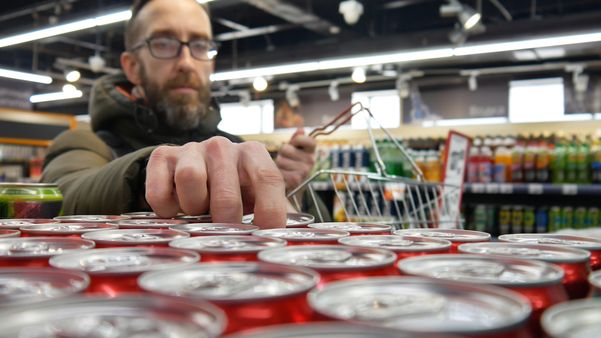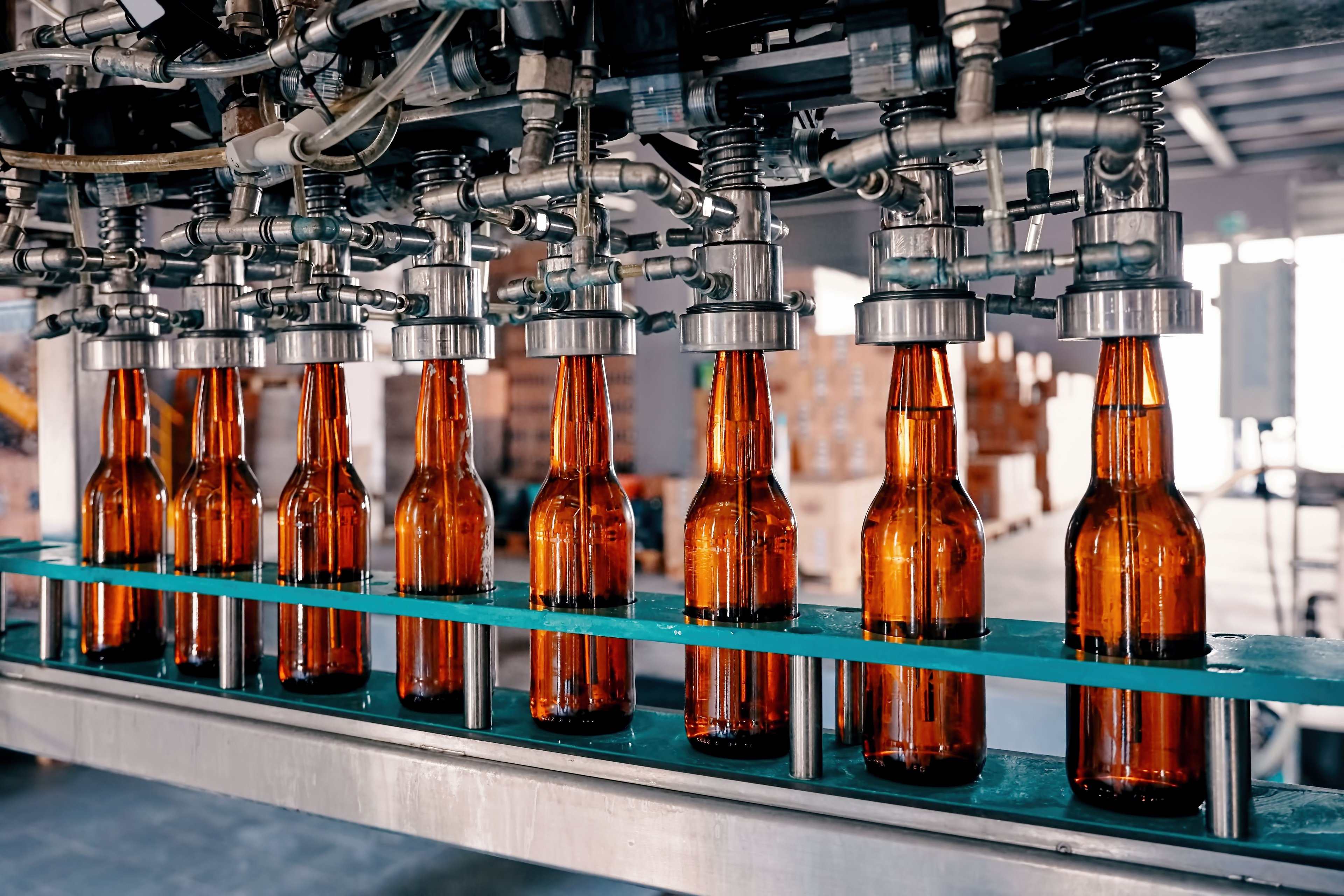Despite my love for a good Boston Lager, shares of Boston Beer (SAM +0.26%) are overpriced. The stock gained too much traction this year based on hopes for strength in seltzer as well as the Dogfish Head Craft Brewing acquisition, while the actual performance of the business did not keep up. The brewer had been having a tough time reinvigorating depletions of its iconic Samuel Adams lineup of beers, and looked to M&A as a way to become more competitive. The $300 million merger with Dogfish, completed in July, was a logical step, as the two organizations had already been involved in various ventures prior to the deal. Despite this, the deal really isn't that big, and earnings and guidance aren't enough to justify the stock's price tag.
Boston Beer's third quarter
In the first quarter of reporting that includes Dogfish Head, Boston Beer reported depletion growth of 30% year over year. The increase was credited to strong performance in its lineup of Truly Hard Seltzer, Twisted Tea, and, of course, the additional Dogfish Head products. Weakness in depletions for Sam Adams and Angry Orchard continues to be a problem. The following is a snapshot of the quarter:
- Net revenues increased by 23.3% to $378.46 million, while gross profits were $187.83 million versus $157.23 million a year ago.
- Overall gross margins declined to 49.6% against 51.2% in Q3 2018. The main causes were increased production costs and short-term labor increases.
- Operating income increased 28% to $59.8 million.
- Net income improved by 17.7% to $44.73 million.
- The bottom line equates to $3.65 per diluted share, a 13.7% increase year over year.
Obviously the revenue and income growth rates are great, but the stock has simply raced too far ahead. The company provided full-year guidance of $8.70 to $9.30 per diluted share. At the liberal end of that guidance, the "SAM" symbol is trading at roughly 40 times full-year earnings. At those levels, Boston Beer's stock is still too expensive.

Image source: Getty Images.
Sam Adams has a problem
The weakness in Sam Adams remains a symptom of the over-saturated craft beer market. The larger beer companies have been buying up many small craft names in an effort to gain control, but the rate at which craft brewers have grown is still excessive -- there were over 7,000 in the U.S. at the end of 2018. The hyper-competitive market has made Boston Beer dependent primarily on hard seltzers in order to find growth.
It's clear that the Dogfish Head acquisition was a wise move by Boston Beer, as it gives it some different brand names to try to push outside of Samuel Adams. But outside of beer, the company has been too reliant on seltzers to gain traction. Over the next few years, I'm worried that seltzers might face the same rising competition as craft beer. For example, Anheuser-Busch InBev is bringing out its own Bud Light-based seltzer in 2020.
Current stock price
Put simply, Boston Beer's stock has overrun the real benefits and potential of seltzer as well as benefits from the Dogfish Head merger. After nearly doubling in value from January through August, shares have cooled, but the current stock price is unrealistic at roughly $380 a share at the time of this writing. The earnings don't justify the brewer's year-to-date run, which is why the stock is down around 15% since the beginning of September.
Unfortunately, the earnings guidance contained in the company's third-quarter results isn't enough for this stock to have an overly bullish case. Post-merger, shareholders' equity is up to $718.9 million, while shares carry a market cap of $4.4 billion. There are no cheap assets here, and while I certainly like the gains on the financial statements, they don't make up for the premium being asked for the stock. I view the stock as a hold.







